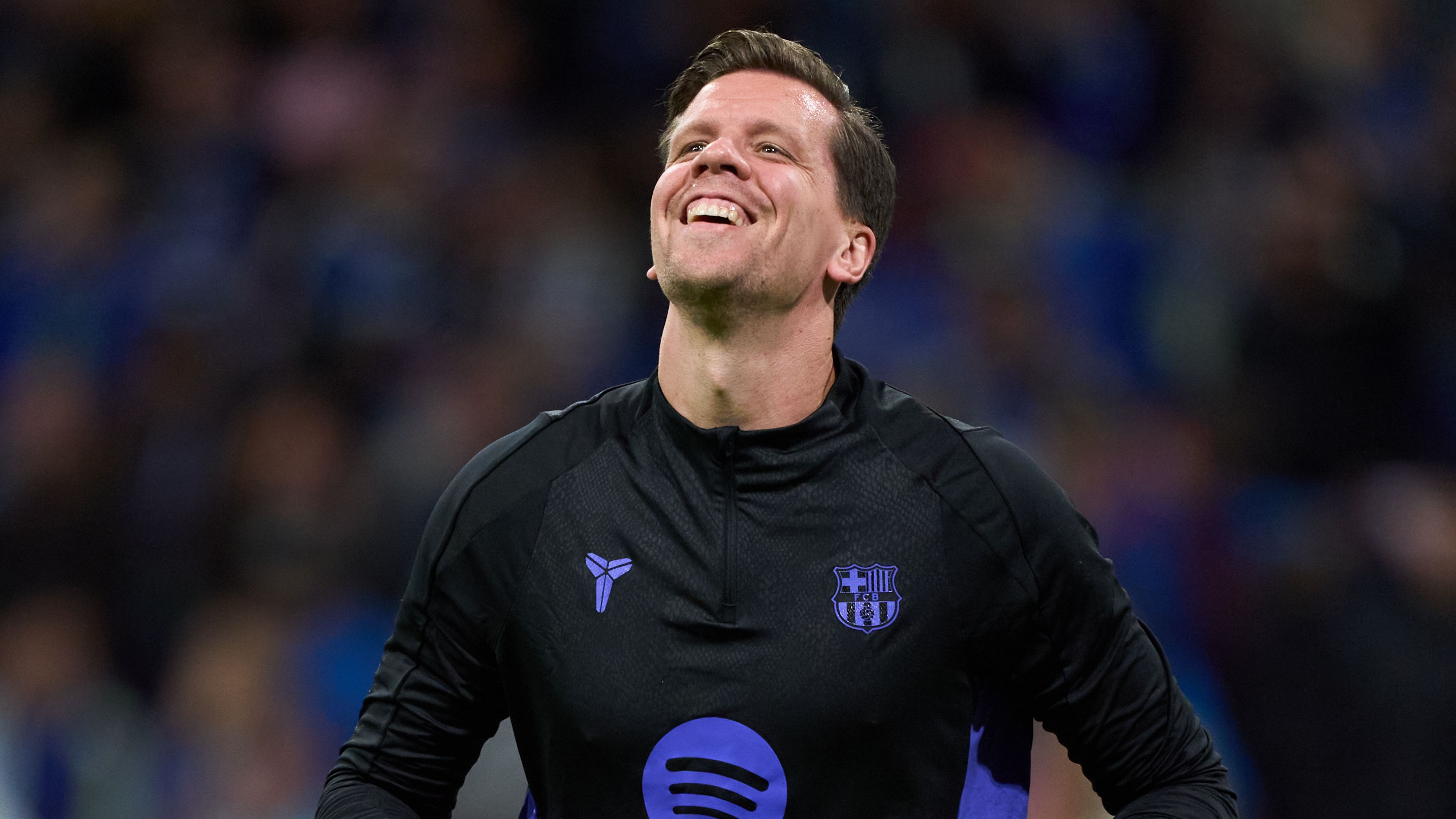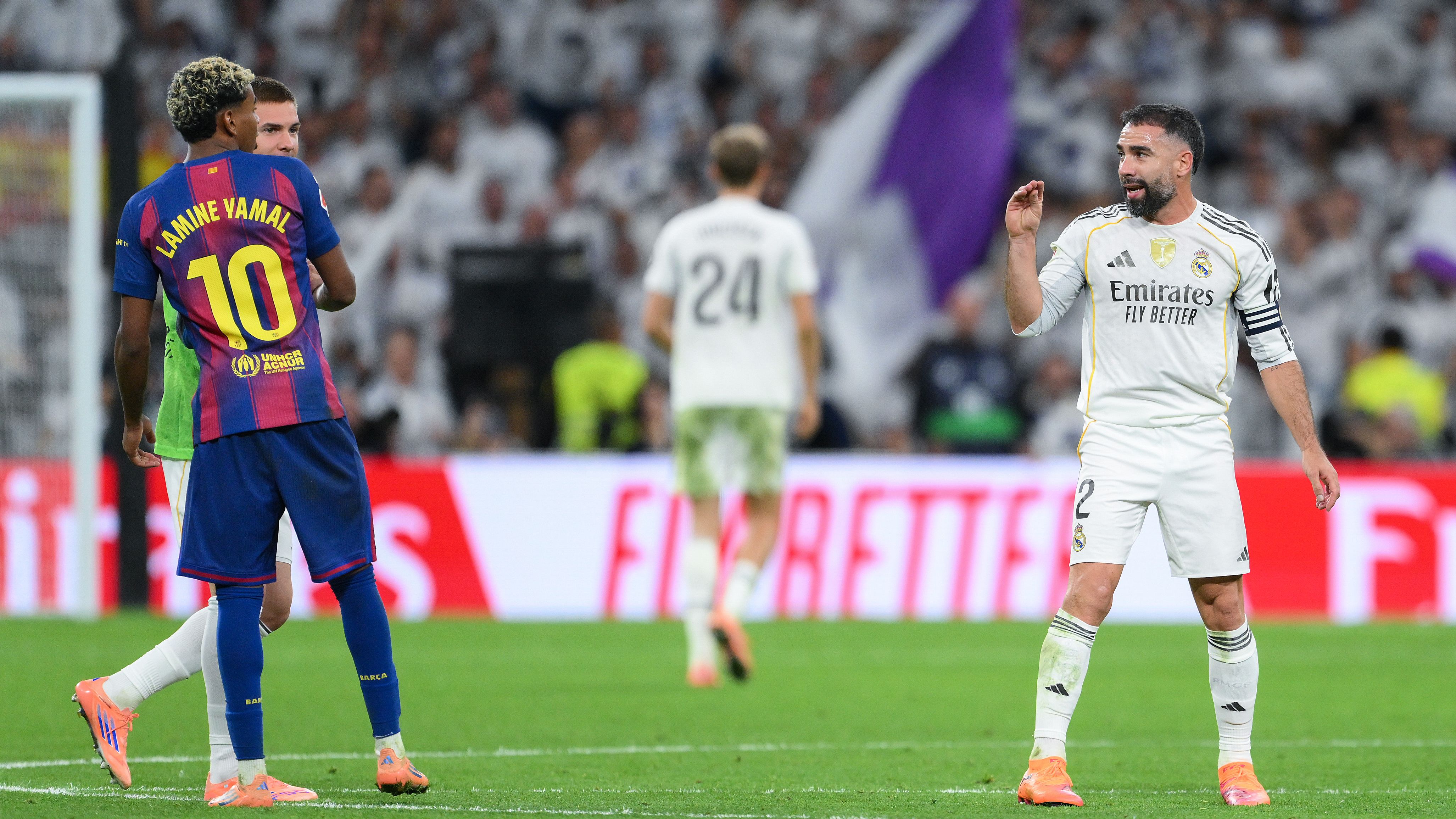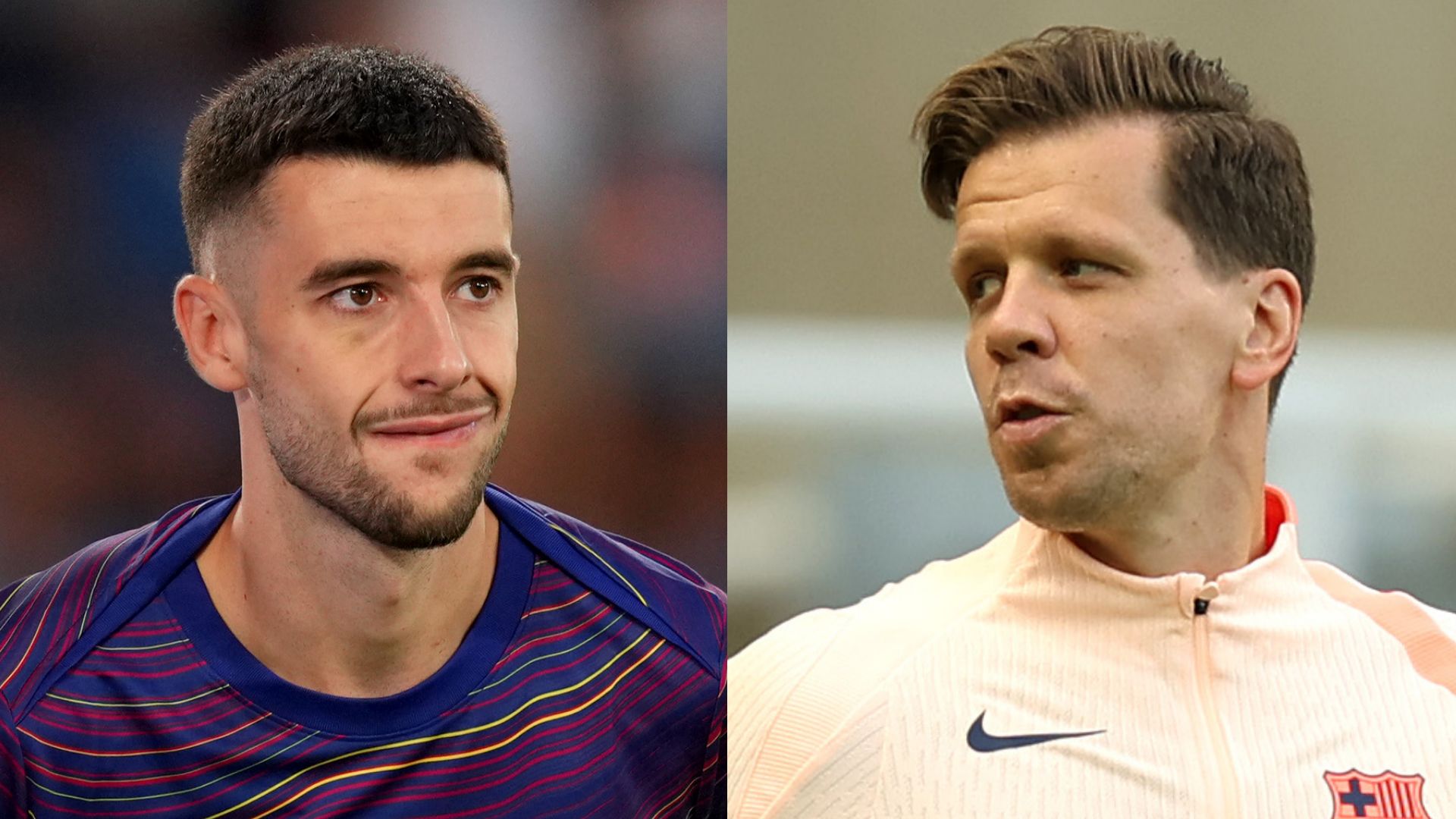


Discover How Wojciech Szczesny Turns Tension into Tranquility After El Clasico Chaos
In the high-pressure world of football rivalries, Wojciech Szczesny offers a fresh approach to handling intense emotions. Following the fiery El Clasico showdown, the Polish goalkeeper shares insights on maintaining composure amidst the storm, drawing from his own experiences to promote mental techniques that could transform how players deal with on-field conflicts.
Szczesny’s Advice on Emotional Control and Breathing Techniques
Amid the excitement of El Clasico, where longstanding foes clashed with fervor, Szczesny highlights the value of staying calm under pressure. Real Madrid secured a narrow 2-1 triumph over Barcelona at their home ground, the Santiago Bernabeu, breaking a string of defeats against the current La Liga leaders, driven by early strikes from Kylian Mbappe and Jude Bellingham.
The Build-Up of Tensions Between Rival Teams
Yet, the game was marred by escalating disputes, as players from both sides exchanged heated words. Notably, Thibaut Courtois, Dani Carvajal, and Vinícius Junior confronted Lamine Yamal, fueled by comments Yamal made in a live broadcast accusing Real Madrid of using unfair tactics to secure victories. This confrontation underscored the deep-seated rivalry that often boils over in such matches.
Szczesny’s Personal Philosophy on Managing Stress
In a discussion with Polish online creators, Szczesny reflected on his career, explaining how he quickly realized that letting emotions take control hinders performance. He recalled the post-match scene after El Clasico, where disputes raged on, but he chose to focus on progression rather than dwell on the loss. “Everyone benefits from incorporating meditation and focused breathing into their routine,” he advised, noting that he performs these exercises before games and during breaks, even if it draws odd looks in the locker room. He suggests practicing these methods in varying environments, from chilly to sweltering conditions, to build resilience.
Szczesny’s Standout Moments in El Clasico Goalkeeping
Barcelona relied heavily on their backup keeper Szczesny to limit the damage during the encounter at the Bernabeu. His nine crucial saves, the highest in an El Clasico since 2017, included a vital stop on a Mbappe penalty in the second half-the first such successful defense in the fixture since the 2015-16 campaign.
Strategies for Facing Penalty Kicks
Over his career, Szczesny has thwarted shots from football legends like Cristiano Ronaldo, Lionel Messi, and Neymar, adding to his reputation. When discussing his preparation, he explained that he meticulously analyzes opponents by reviewing their recent 20 penalty attempts, seeking patterns in their technique and approach. Factors such as the game’s critical moments or the scoreline often influence a player’s style, so he collects this data and trusts his gut feelings during the match. For instance, against Mbappe, who had previously scored past him, Szczesny anticipated the direction and made the save, crediting a mix of preparation and fortune.
From Retirement Back to the Pitch: Szczesny’s Comeback Tale
About a year prior, Szczesny had stepped away from professional football, relishing time with loved ones. But an injury to Barcelona’s primary goalkeeper, Marc-Andre ter Stegen, prompted the team to bring him back. Under coach Hansi Flick, Szczesny swiftly reclaimed a starting role, demonstrating his enduring skills and adaptability at the elite level.
His Role in Team Development and Future Plans
This past summer, he extended his contract for another year, content with his position behind new addition Joan Garcia and ter Stegen. Szczesny has voiced his commitment to guiding Garcia, seeing the young talent as a future top goalkeeper in the sport. Recent injuries to those ahead of him in the lineup have thrust him into action for six straight games, where he’s performed admirably. The club remains hopeful that Garcia, recovering from knee surgery in late September, will return soon, though no risks will be taken. For now, Szczesny is set to continue guarding the goal in upcoming fixtures.
The Rise of Mental Wellness in Football: Insights from Wojciech Szczęsny
Why Wojciech Szczęsny’s Advocacy Matters for High-Stakes Matches
Wojciech Szczęsny, the seasoned goalkeeper known for his time at clubs like Arsenal, Juventus, and potentially beyond in 2025, has been vocal about the importance of mental health in football. Amid the intense rivalries of El Clásico clashes between Barcelona and Real Madrid, Szczęsny emphasizes how meditation and breathing techniques can be game-changers for players. These practices aren’t just trendy wellness trends; they’re practical tools that help athletes manage the pressure of one of the world’s most watched football derbies. By integrating mindfulness strategies, players can maintain composure, reduce anxiety, and enhance their overall performance on the pitch.
Szczęsny’s own experiences with high-pressure situations, including penalty shootouts and Champions League ties, lend credibility to his recommendations. He often shares in interviews how incorporating simple breathing exercises before matches has helped him stay focused. For Barcelona and Real Madrid players, who face the emotional rollercoaster of El Clásico, adopting these techniques could mean the difference between a momentary lapse and a match-winning save or goal.
Benefits of Meditation and Breathing Techniques for Football Players
Meditation and controlled breathing are powerful tools in the arsenal of modern athletes, particularly in a sport like football where mental fortitude is as crucial as physical skill. These practices have been studied extensively in sports psychology, showing they can lower stress levels and improve decision-making under pressure. For players in El Clásico, where the atmosphere is electric and every move is scrutinized, these techniques offer a way to stay grounded.
- Stress Reduction During Intense Games: El Clásico matches often come with overwhelming crowd noise and media hype, which can lead to performance anxiety. Szczęsny advocates for deep breathing exercises, like the 4-7-8 technique, where you inhale for four seconds, hold for seven, and exhale for eight. This method activates the parasympathetic nervous system, helping players like those from Barcelona or Real Madrid calm their nerves quickly during halftime or before a penalty kick.
- Enhanced Focus and Mental Clarity: In the fast-paced environment of El Clásico, maintaining sharp focus is key. Meditation practices, such as guided sessions focusing on breath awareness, can train the brain to block out distractions. Szczęsny has noted in public discussions that even five minutes of daily meditation improved his ability to anticipate opponent moves, a skill that Barcelona defenders or Real Madrid midfielders could use to outmaneuver rivals.
How These Techniques Can Be Tailored for El Clásico Players
To make meditation and breathing techniques accessible, Szczęsny suggests customizing them to fit a footballer’s demanding schedule. For instance, players from Barcelona and Real Madrid could incorporate these into their pre-match routines, turning them into habits that build resilience over time. This approach aligns with growing trends in sports wellness, where teams increasingly prioritize mental health alongside physical training.
- Step-by-Step Integration into Training: Players might start with basic breathing drills during warm-ups. For example, Real Madrid goalkeepers could practice box breathing (inhale for four counts, hold for four, exhale for four, hold for four) to mimic the anticipation needed for saves. Barcelona forwards, on the other hand, could use visualization meditation to mentally rehearse scoring against their arch-rivals, enhancing confidence without the physical strain.
- Real-World Applications from Szczęsny’s Perspective: Drawing from his career, Szczęsny has highlighted how these techniques helped him during high-stakes games. In El Clásico scenarios, where the score is tight, a Real Madrid player might use quick meditation to reset after a missed opportunity, preventing a downward spiral. Similarly, Barcelona players could employ breathing exercises to manage the frustration of conceding a goal, keeping the team’s morale high.
Potential Challenges and Solutions for Implementing These Practices
While the benefits are clear, not every player may find it easy to adopt meditation and breathing techniques amid the chaos of El Clásico preparations. Factors like tight schedules or skepticism from traditionalists can pose hurdles. Szczęsny addresses this by recommending team-based sessions, where coaches integrate these practices into group activities, fostering a supportive environment.
- Overcoming Common Barriers: For Barcelona and Real Madrid squads, time constraints are a major issue. Solutions include short, app-based meditation sessions that fit into locker room routines. Apps like Headspace or Calm offer football-specific programs, which Szczęsny has endorsed for their simplicity.
- Measuring Success in Games: To track progress, players could journal their experiences, noting how techniques affect their performance in El Clásico or similar matches. This data-driven approach, as advocated by Szczęsny, helps demonstrate tangible improvements, such as faster recovery from errors or better team communication under pressure.
The ongoing evolution of mental health in football, as pushed by figures like Szczęsny, underscores a shift towards holistic player development. By prioritizing these techniques, Barcelona and Real Madrid players could gain a competitive edge in El Clásico, turning mental strength into a key factor for victory. With regular practice, the intense rivalry might feel less daunting, allowing athletes to perform at their peak while maintaining long-term well-being. (Word count: 752)









